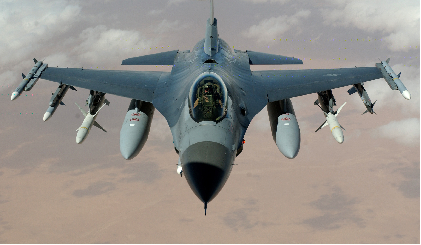
This morning, a Turkish jet shot down a Russian military plane. The Turkish jet was an F-16, made by Lockheed Martin, an American defense contractor that also sells weapons and aircraft to other countries.
Turkey is a member of the North Atlantic Treaty Organization (NATO). This organization is the result of a treaty first signed in 1949, under which the member countries agree to collectively defend each other in response to an attack by a non-member state. The USA is also a member of NATO. And the USA has a number of other treaties with Turkey.
Treaties are international agreements. They can also be thought of as contracts, an exchange of promises leading to obligations. In the United States, they are special, in that, under the Supremacy Clause of the US Constitution, they are the Supreme Law of the Land. In other words, thinking about the obligations under treaties, and thinking of treaties as contracts, they lead to senior obligations.
These agreements lead to senior obligations that can also cost a lot of money. Back in 2002, U.S. Comptroller General David Walker first identified treaty obligations as a source of concern in U.S. government financial reporting. Accounting for treaties has been cited as a material deficiency in the federal government’s financial reports for over a decade.
In its latest annual financial report, the government conceded (again) that:
A comprehensive analysis to determine any such financial obligations or possible exposure to loss and their related effect on the consolidated financial statements of the U.S. government has not yet been performed.
We may be about to see how much treaties can cost – in a way we don’t account for very truthfully.

